How to pay back student loans
If you recently graduated college, remember that your grace period doesn’t last forever. Come fall, 2013 college graduates will start receiving student loan bills from their lenders.
A recent Buffalo News article offers some great tips on paying back your student loans. The graphic below outlines the different types of student loan repayment programs.

Credit: The Buffalo News
The author also shares some good advice on how to take advantage of your grace period between graduating college and repayment:
Ideally, you’re using your grace period to build up your finances. If you have a job, start putting money aside in a savings account. This can be an emergency fund to go go to if there comes a month you’re short for your payment.
If saving is hard for you, create a savings account you know not to touch. Have your paychecks split between two accounts automatically to keep an allotted amount of money out of your personal spending account.
Remember, interest is already accruing on your unsubsidized loans (and has been since you took out the loan). If you’re able to afford any sort of payment now, you can start repaying your student loans.
And even if you decide to pay back your loans on the standard repayment plan (which you’re automatically enrolled in after your grace period, unless you get approval from your lender for an alternative plan), you can always pay more than the minimum monthly payment to pay off your loans faster and reduce interest costs.
Paying back your student loans can be daunting, but creating a repayment plan is key to staying on track. If you’re not sure which repayment program is best for you, or you’re worried about how to manage your student loan payments, feel free to give us a call at 1-888-234-3907, tweet us at @CFGCollege, or send us a message.
college debt, college loans, deferment, economy, forbearance, loan repayment, monthly payments, private loans, repayment options, student debt, student loan debt, student loan repayment, student loans
